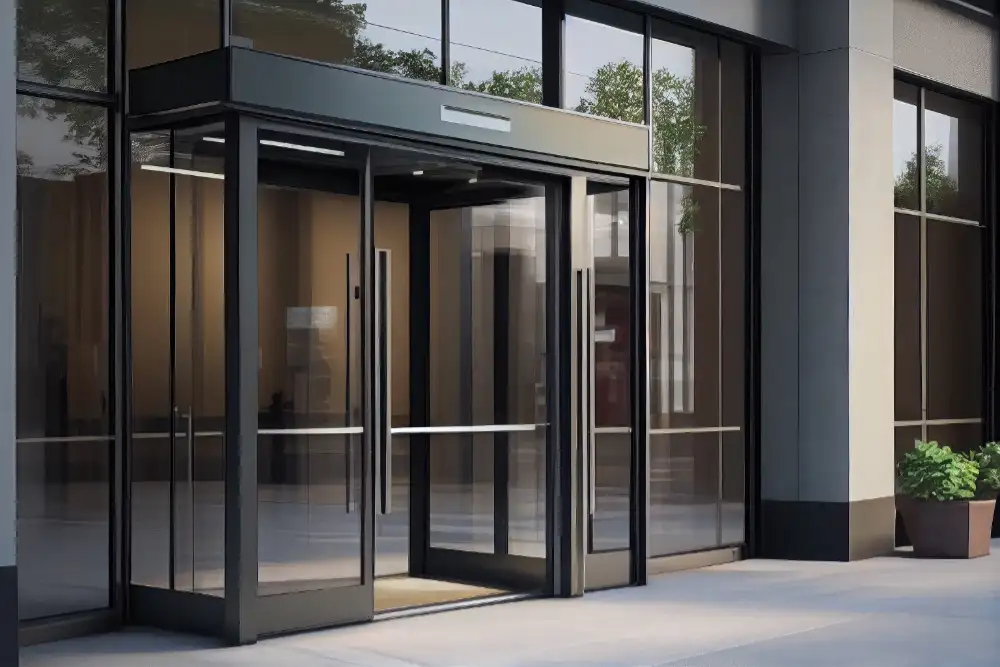When you make an investment into your business, it’s natural to want the very best of returns from it. This applies to your shop front, automatic doors and roller shutters as much as it does any other aspect of your balance sheet.
With typical installation costs of automatic doors starting at £5,000, you’ll want to ensure that you maximise their lifespan. Getting the longest possible lifespan out of your automatic doors will save money on costly repairs or replacements, allowing you to use that money elsewhere and grow your business.
With proper care and attention, a well-fitted automatic door can last for up to 20 years. This makes them a very prudent long-term investment in your company, bringing a huge range of benefits. However, to get the most out of your automatic doors you’ll need to ensure that you look after them.
Why Are Automatic Door Checks Important?
We’ve all heard the old saying that “prevention is cheaper than the cure.” This holds true for almost anything, including the hardware on your premises. When you properly service automatic doors, it ensures that they continue to run safely and efficiently. By keeping your automatic doors working properly, you allow continued access to the premises and ensure that you remain compliant with the relevant UK access laws.
You’ll also dramatically increase the lifespan of your doors if you perform regular, basic maintenance. The simple checks outlined below will help to improve the functionality of your doors and could add years onto their life.
Our expert engineers recommend that automatic doors are serviced every six months, by a suitably qualified engineer. However, these simple checks below can be conducted yourself or by employees and will have bring definite improvements in the performance of your doors.
Listen For Unusual Sounds
When performing optimally, automatic doors should be almost silent. Changes in the noise created by operating your doors could indicate a potential problem, either remedial or more serious. Automatic doors can operate in different ways, so the type of noise may vary. Generally, the places to investigate noise from automatic doors are:
- The top or bottom roller guides and tracks
- The door motor
- The motor controller
Check For Debris
Over time, dirt and debris will collect on the track of sliding doors which can cause a grinding noise as the door operates and may indicate that the motor is struggling to open the door efficiently. Simply cleaning the roller track and the guide track with a soft brush will help the door to open and close with less resistance, and give your doors extra years of usage.
Keep Doors Lubricated
Reducing friction is essential to improving the lifespan of all moving parts in your automatic doors. Using a silicone-based spray on the important components of the door, including the roller bearings, guide tracks and the locking mechanisms, you will help to ensure that your doors last longer and operate at their best.
Tighten Screws and Bolts
In heavily used doors, it is normal for fittings such as screws and bolts to come loose over time. Simply checking over these and tightening any loose components can help increase the life of your doors.
Summary
Although automatic doors should be serviced by a qualified engineer to ensure their safety and efficiency, the incredibly simple but effective checks outlined above can add years of usage onto your doors, saving you valuable time and money over the long-term.
However, if your doors have come to the end of their lifespan, or they require a specialist engineer to repair them, get in touch with us and one of our expert door engineers will be happy to give a free, no-obligation consultation.

